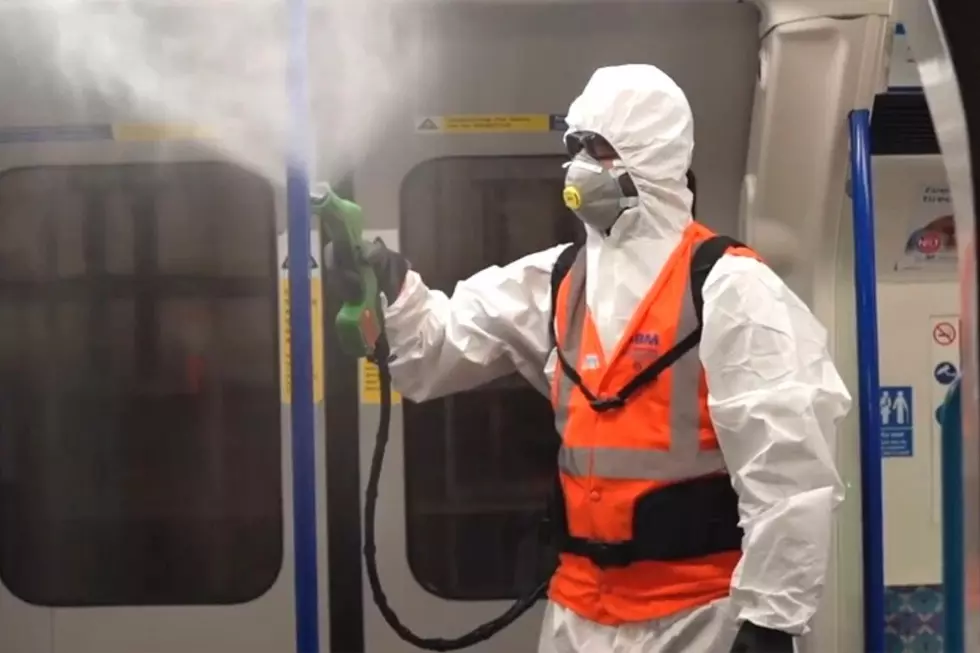
Federal aid cuts may hammer NJ’s environmental budget
In the last couple years, the state Department of Environmental Protection has spent more federal than state dollars protecting the land, air and waters of New Jersey.
That could change this coming year. Even though Gov. Chris Christie on Tuesday will propose his last budget as governor, the future of environmental spending probably won’t become clear until weeks later.
Potentially significant federal budget cuts are on the horizon and are expected to be outlined by the White House in mid-March. Given President Donald Trump’s criticism of the Environmental Protection Agency, and the views of the person he hired to run it, green activists expect deep cuts.
“There’s obviously a number of programs that are already in the crosshairs, and the EPA budget is going to be high on the list of agencies to go after,” said Doug O’Malley, director of Environment New Jersey.
“It’s the easiest way, beyond signing executive orders” to reverse environmental policies, O’Malley said. “The regulatory process takes a long time. It’s a lot easier to go after environmental programs if you just cut their funding.”
Federal funds pay for around one-third of the operating budget at the DEP, said Jeff Tittel, director of the New Jersey chapter of the Sierra Club. In part that’s because the EPA outsources enforcement of federal programs like the Clean Water Act and Clean Air Act to the state, he said.
“So for us it’s going to have a bigger impact than most states because we get more funding because we’re doing the EPA’s job here in New Jersey for it,” said Tittel, who said environmental funding is “one of the few areas” New Jersey gets more funding per capita than other states.
“They could be actually very devastating,” Tittel said of cuts he fears will exceed $100 million.
Federal funds account for close to 40 percent of Department of Environmental Protection spending, including money for capital projects.
In all, the current 2017 state budget appropriates $322 million in state money for the DEP, including $205 million for direct services, almost $56 million for construction and $11 million for grants and state aid. On top of that was more than $50 million for debt service.
Separate from that, the budget allocated $194 million in federal funds. Indeed, budget documents indicate that in the current and past fiscal year the DEP has spent more federal funds than state funds on “protecting the land, air and waters of New Jersey.”
“All the progress we’ve made on New Jersey’s water quality, a lot of it has to do with federal funding that we get,” O’Malley said. “And so we can expect that New Jersey is going to take a big hit on funding for clean water, and really that’s just the beginning.”
The EPA’s roughly $8 billion budget, around half of which goes to state and local governments, could be in line for deep cuts. Even the more modest projections have suggested cuts of $1 billion.
“There’s talk anywhere from a quarter to a half to more of cuts at the federal level, which is going to have devastating impacts in New Jersey,” said David Pringle, campaign director for Clean Water Action in New Jersey.
“The DEP is already incredibly underfunded, a shell of its former self, so it means more pollution, less environmental cops on the beat if we can’t roll it back at the national level,” Pringle said.
Whether the cuts would lead to increases in state spending, to pick up the slack, or program cuts remains to be seen.
At a New Jersey State League of Municipalities event earlier this month in the Statehouse Annex, Environmental Protection Commissioner Bob Martin told mayors it was too soon to know what the EPA’s turnover could mean for environmental policy at the state and local levels.
At the time, former Oklahoma attorney general Scott Pruitt had not yet been confirmed as EPA administrator.
Pringle said there are options available for the state to boost funding on the environment, such as a legal settlement with Exxon for pollution at various sites, stepped-up enforcement and penalties and higher taxes on the rich and businesses.
“There’s a lot of potential out there, but the dire fiscal straits we’re in is really cause for alarm,” said Pringle.
New Jersey: Decoded cuts through the cruft and gets to what matters in New Jersey news and politics. Follow on Facebook and Twitter.
Michael Symons is State House bureau chief for New Jersey 101.5 and the editor of New Jersey: Decoded. Follow @NJDecoded on Twitter and Facebook. Contact him at michael.symons@townsquaremedia.com.
More From WOBM:
More From 92.7 WOBM










